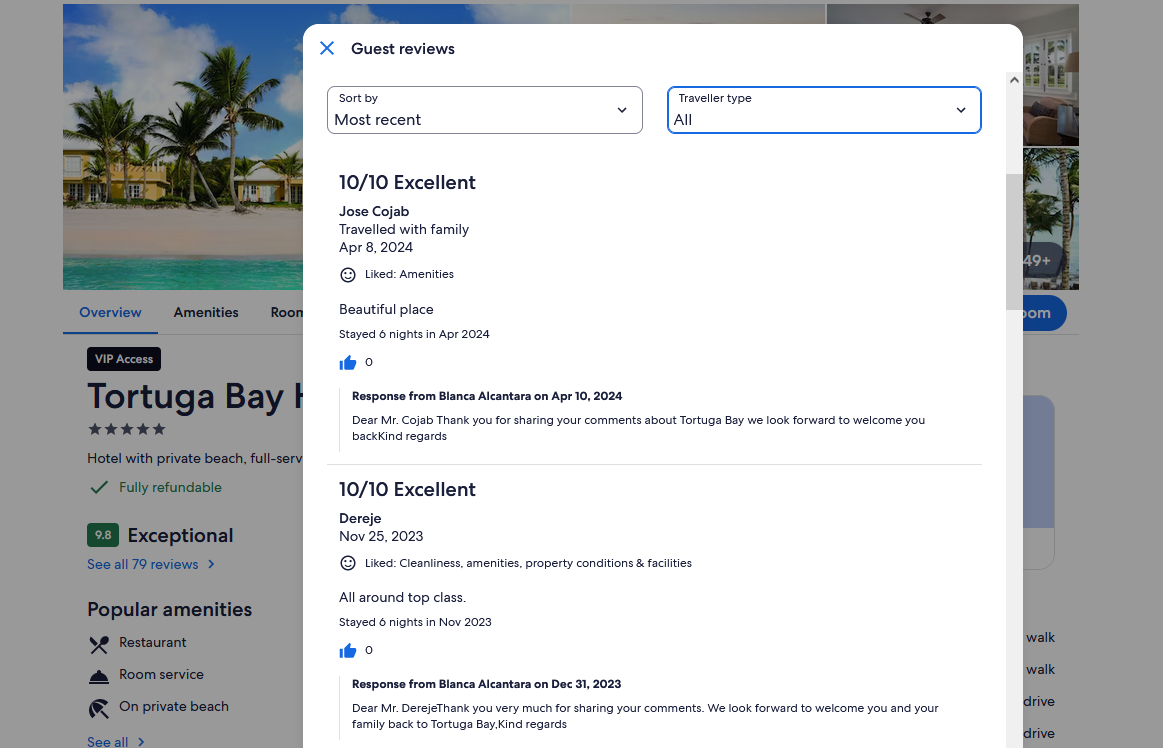A recent report from Statista suggested that in 2023, 8.8% of posted reviews on Tripadvisor were fake, doubling 2022’s tally. From a consumer perspective, that works out to about 1 in 10 reviews that could be considered phony. For travel brands, the reputational damage created by fake reviews is concerning as the industry relies heavily on experience reviews as a core marketing asset. The anonymity and freedom of the internet allows the fake review industry to continue and flourish but travel brands are now strategizing to combat this nefarious practice. Innovations in technology, especially in Artificial Intelligence, has given travel providers effective tools to manage online brand reputation by quickly identifying and managing fake reviews before any negative effects can materialize.

The How and Why of Fake Reviews
Online product and service reviews are a key marketing tool for travel providers as positive reviews could potentially influence the clients purchasing decision. This provides an opportunity for submitting additional positive but fake reviews to bolster the brand’s reputation. This type of phony review usually originates from the provider themselves or can be served up by marketing companies employed by the brand. On the flip side, fake negative reviews are designed to damage a travel brand’s reputation with the hope of negatively affecting the business’s bottom line. While legitimate negative reviews are based on real experiences with the brand, posters of fake negative reviews almost always have a nefarious agenda. To a lesser degree, money can be a driver for negative reviews as posters hold the brand’s reputation ‘hostage’ with the goal of extorting money from the brand. A more common cause of fake negative reviews are disagreements with the brand’s political stance. Attacking a brand’s reputation could be considered a form of protest, also with the intent of negatively impacting sales. Negative reviews are very easy to post and hiding a poster’s location or identity is done with everyday technology such as VPNs and use of public wifi to access the internet. Travel brands are taking the fake review epidemic seriously and are investing in technology to combat the problem.
High Tech Solutions for a Low Tech Problem
With reputational damage at stake, the travel industry is investing in technology that can detect fraudulent reviews, scam postings and other inappropriate content. In the past, software would be programmed with criteria common to fake reviews and scams. Static inputs such as spelling and grammar, number of previous reviews and IP address could be cross referenced with the existing data set. The advent of AI systems has revolutionized this process and machines can now learn the exact nuances of fake reviews, understand patterns and make more accurate calls on whether a posting is fraudulent or not. Deep learning infrastructure can take in these vast amounts of data inputs to quickly establish a base standard for legitimate reviews. This technology can even learn from its mistakes when postings are mislabelled. AI technology can also apply ‘Verified Review’ badges when postings meet other parameters. Consumers that have the impression that a portion of what’s displayed is fraudulent may have less confidence in that particular brand or platform. Providers that invest in systems to defend against fake review practices are more likely to gain the trust of existing and potential clients.
Managing Fake Reviews Becomes a Priority
In the travel business, a brand’s reputation can sometimes sway the consumer when making purchasing decisions. An older study by CHEQ from 2021 suggested that phony online travel reviews could have impacted $4.1 billion in consumer spending. As travel ramps back to pre-pandemic levels, brands and providers are taking this problem seriously. Big names in travel are tackling the practice head on and have had some recent achievements:
- Google recently saw success after deploying a new technology in 2023 which was able to detect 43% more fake postings than earlier systems
- AI based systems were able to block a record breaking 2 million fake reviews from the Tripadvisor platform
For travel brands, consumer perspective and perception are key elements that influence buying decisions. Reputation and credibility are highly important marketing assets that directly impact a business’s bottom line. Actively managing fake and potentially damaging postings will maintain and potentially boost that marketplace credibility.
Potholes on the Information Superhighway
With freedom comes responsibility is how the old cliche goes but unfortunately, that does not apply to the internet. The business of fake reviews has grown considerably in the last few years as both negative and positive posts can greatly impact a brand’s reputation and business. Travel providers themselves can benefit from fake reviews whereas, individuals with some sort of agenda against the brand can submit negative posts at their whim. In the end, the legitimate travel client suffers by making purchasing decisions with unreliable information. Travel providers and especially, online travel platforms, are committing serious investment and have adopted advanced technology to fight the problem. Using software with AI capabilities is a powerful tool for identifying and managing fake online reviews. Travel brands depend on their reputation to drive business and consider it a marketing asset. Protecting that valuable asset is now a priority for the industry as the practice of posting fake reviews continues to grow at a rapid pace.
Sources
https://www.digitalinformationworld.com/2024/02/google-fights-fake-reviews-with-new.html
https://www.statista.com/statistics/1448252/tripadvisor-fake-travel-reviews/
https://www.travelpulse.com/news/impacting-travel/how-fake-online-reviews-are-impacting-the-travel-industry

